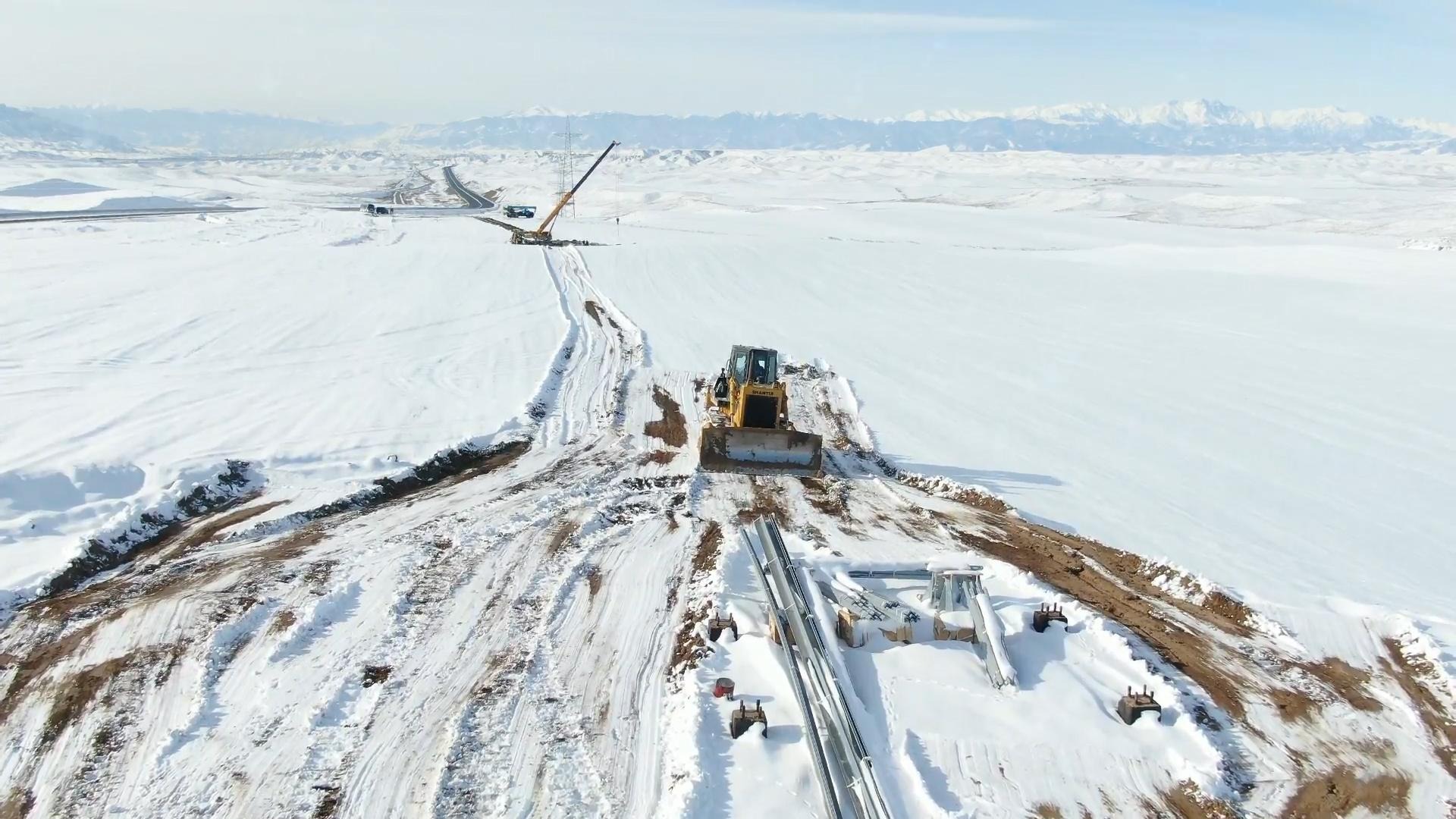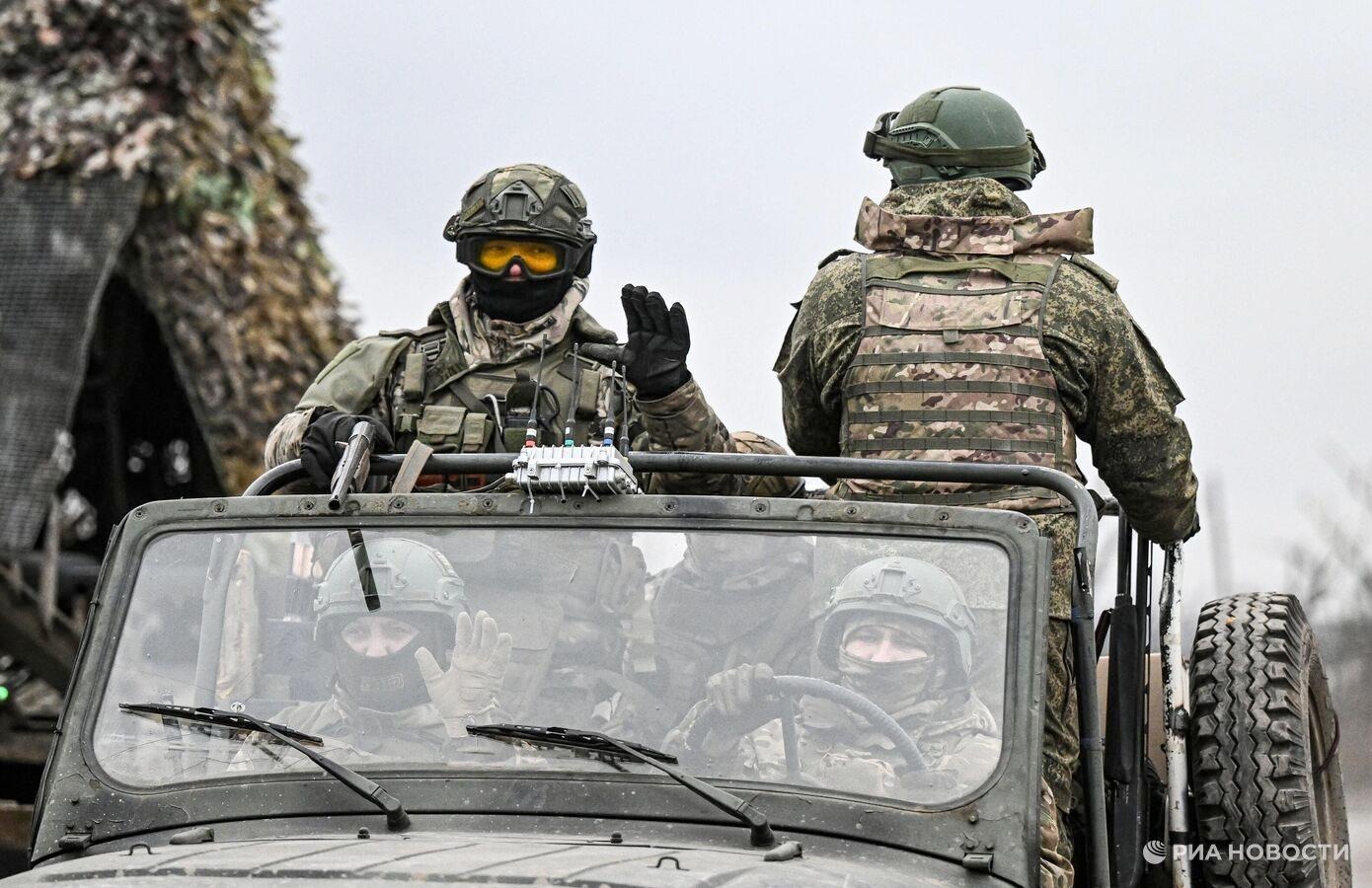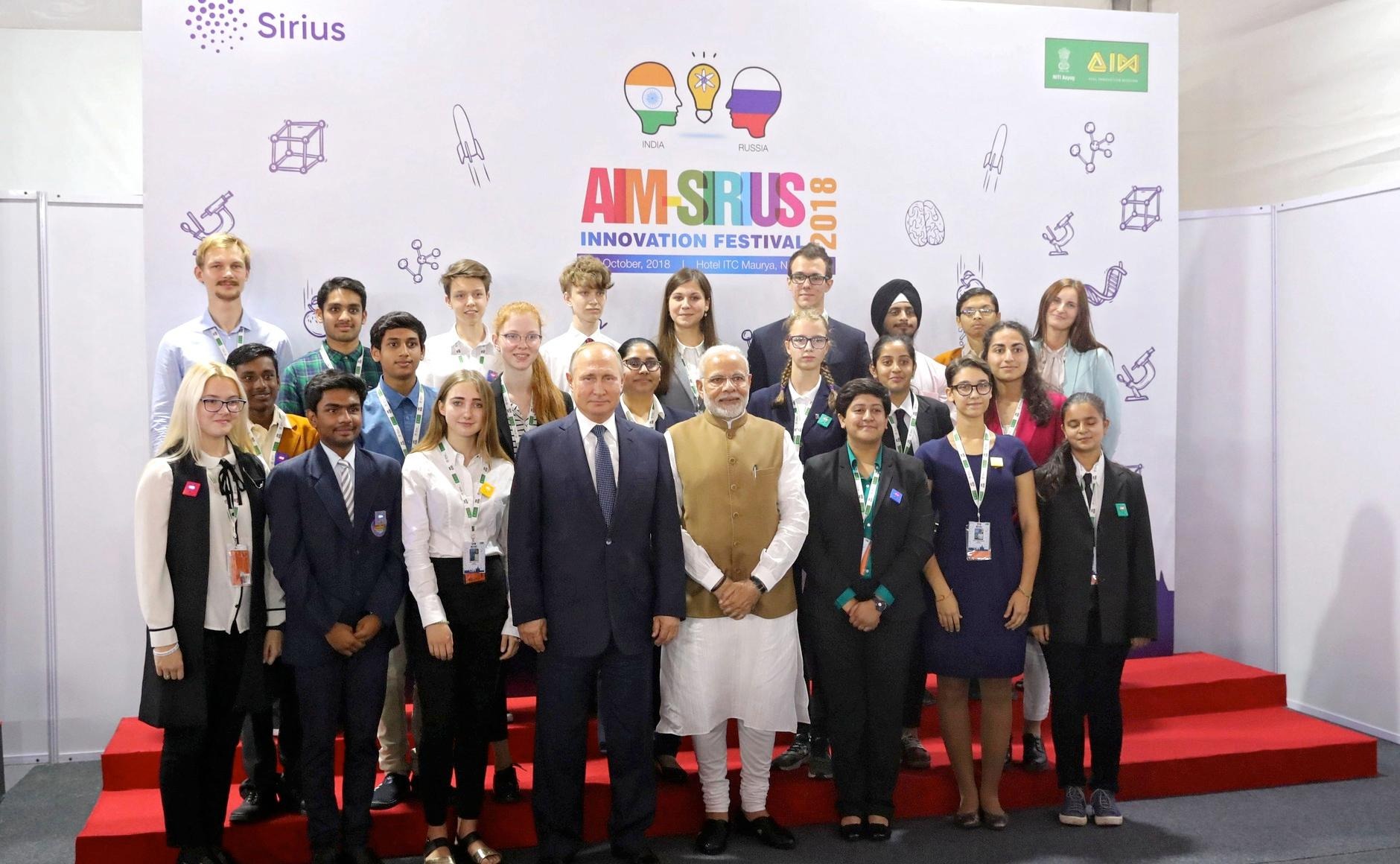RUSSIA HAS VOTED AS ORDERED, NOW WHAT?
RUSSIA HAS VOTED AS ORDERED, NOW WHAT?
The big political event that happened in Russia yesterday, December 2, can hardly be called “elections,” since few of the 60 million Russians who cast their vote really cared about whom they were electing to the lower house of parliament. From the October 1 moment when President Vladimir Putin appeared at the congress of the United Russia party and agreed to take the top place on its list, the campaign was instantly transformed from an unexciting competition among several political parties into an overwhelming “one-man-show” (Gazeta.ru, November 30).
With United Russia relying on its “administrative resources,” it was certain to capture a comfortable majority of seats, and the vote instead became a referendum of confidence in the “national leader.” This hyper-hyped and carefully orchestrated show of loyalty might appear to make little practical political sense, as Putin is not going to take his place as a freshman member of parliament and has repeatedly declared his intention to step down from the presidency. Instead, a logic quite different from the normal transfer of power from one ruling elite to another applies here, and it is quite worrisome in this regard, because the stylistics of these “elections” resemble not so much the dull manifestations of unity in Soviet times as the hysterical rallies in Germany in 1933 (Newsru.com, November 29).
The climax of this “popular mobilization” was achieved at the Luzhniki stadium rally when Putin, perhaps feeling that his rather stale speech did not quite resonate with an audience tired after too much falsely enthusiastic chanting, suddenly lashed out against “internal enemies” (Kommersant, Vremya novostei, November 22). The transcript of this remarkable outburst is absent at the presidential website, but it was played repeatedly on state-controlled TV channels so that the whole country was properly informed that Putin’s opponents wanted to restore an “oligarchic regime based on corruption and lie[s]” and to make Russia a “weak and sick state.” Putin’s burning anger was aimed not at the parties that dared to compete with United Russia, but at the “jackals” who were “skulking around foreign embassies” and preparing provocations on the instructions of “Western specialists.” One particularly ominous choice of words about those who were against his plan was a reminder that they were “regretfully still inside the country,” which could hardly be interpreted as anything other than a reference to the Soviet practice of expelling dissidents.
Garry Kasparov, the leader of the “Other Russia” coalition of pro-democracy groups, felt a small measure of Putin’s wrath when he was arrested at a protest rally and held for five days (Nezavisimaya gazeta, November 27). This “signal” was directed quite openly to the leaders of the Union of Right Forces (SPS), the only party on the election ballot that dared to criticize Putin and allege that his much-advertised “plan” had no content beyond a compilation of hollow slogans. The Kremlin courtiers have long forgotten that direct criticism of this kind could be heard in televised debates, and so the potential middle-class electorate of this party was put on notice that its program amounts to collusion with “enemies of the state.”
Taking a stance against the massive pressure of state propaganda, the SPS has never had a chance to gather enough votes to cross the new 7% threshold to secure a Duma seat (Grani.ru, November 26). Indeed, according to preliminary results, SPS received only about 1% of the vote, compared with the 64% amassed by United Russia (Newsru.com, December 2). That does not mean that Putin’s vicious attack on an opposition that allegedly seeks to corrupt and loot Russia was overkill. In fact, all of the extraordinary effort that was undertaken by the Kremlin during the last few months served only to ensure that the parliament, dominated by the entirely controllable quasi-party of state bureaucracy, would have no role whatsoever in the ensuing political battles for re-distributing real political power. That goal is definitely achieved, but the SPS and other liberal opposition forces have been aiming at a different target: To reveal the crisis of the ruling regime that has been maturing in the unique conditions of “petro-prosperity” (Ezhednevny zhurnal, November 30).
This crisis is a complex phenomenon driven by the greed of feuding bureaucratic clans, the diminishing efficiency of the over-centralized system of control, and fears of a spontaneous eruption of anger among the despised “masses.” Putin’s decision to “quit” after two presidential terms, a decision entirely inexplicable in the logic of his system of power but probably shaped by his intimate understanding of where this logic is leading, has triggered a sharp escalation of this crisis. The triumphant mood of today is certain to evaporate as new clashes among the special services and revelations of their involvement in “shadow” business activities trigger new waves of arrests and murders (Kommersant, November 30). It is impossible to predict the shape of a new compromise between warring factions and the place for Putin as a guarantor of this deal, but it is highly probable that this “arrangement” will be unstable. Public expectations have been jerked so high in the course of the ongoing campaign that disappointment is certain to be bitter indeed, particularly since economic troubles are going to hit without warning.
What is greatly worrisome about this trajectory is the pronounced growth of anti-Western attitudes. Putin’s stern warning to the heads of diplomatic missions “to abandon the policy of diktat” came after the scandal involving the Office for Democratic Institutions and Human Rights — what was unable to send observers to the elections — and was followed by a strong demarche from the Russian Foreign Ministry at the annual meeting of the Organization for Security and Cooperation in Europe (Gazeta.ru, December 1). It was hardly a coincidence that Putin signed the legislation suspending Russia’s participation in the Conventional Forces in Europe Treaty the day before elections. This trend, propelled by the deepening regime crisis, could really push Russia down on its knees against the promises of the champions of “greatness.”


